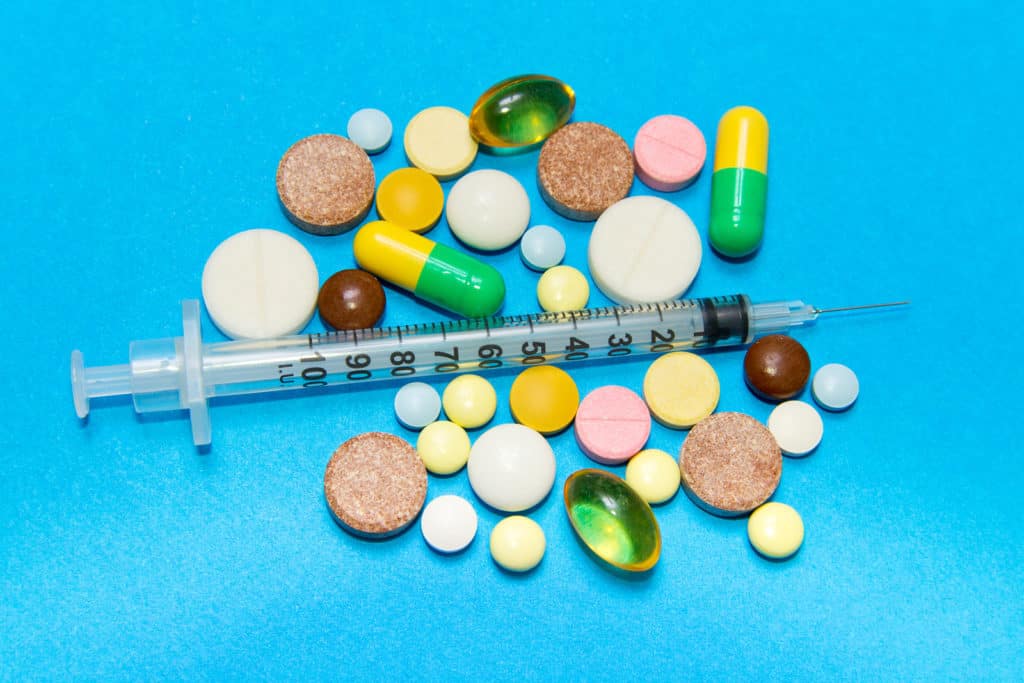Effingham Health Systems will pay $4.1 million to the United States to resolve claims that the health system failed to handle drugs properly. According to the U.S. Attorney’s Office, this will be the largest penalty settlement of its kind.
Effingham allegedly failed to provide effective procedures to prevent theft and the loss of controlled substances. The health system also failed to report suspected drug diversion to the Drug Enforcement Administration (DEA).
The DEA began investigating Effingham last year after receiving reports of diversion.
The U.S. Attorney’s Office said in a statement, “DEA determined that tens of thousands of oxycodone 30mg tablets were unaccounted for, and were believed to have been diverted over more than a four-year period, in violation of the hospital’s responsibilities under the Controlled Substances Act. DEA also determined that Effingham Health System failed to notify DEA of the suspected diversion within the time required by federal law.”
In a separate statement, Effingham Health System said, “Prior to the investigation and dating back to 2016, new leadership at Effingham Health System began overhauling pharmacy operations to improve processes and systems that include the implementation of best practices.”
Fran Baker-Witt, Health System CEO, said they were “dismayed to find, through this investigation, vulnerabilities” in the company’s reporting and record-keeping systems.
“We are experiencing a national opioid crisis and drug diversion is a challenge facing all healthcare systems, including some of the largest hospitals in our country,” she said.
Baker-Witt said the settlement is not an admission of liability, but will allow the health system to avoid extensive legal costs.
Durwin Nuvelle Logan, a pharmacist at the hospital, was arrested in October on 100 felony drug counts.
Logan faces 25 counts of manufacture/possession of a controlled or counterfeit substance, 25 counts of unauthorized distribution of controlled substances, 25 counts of use of a communication facility in commission of a felony involving controlled substances, and 25 counts of possession of a Schedule I controlled substance.










